Trending Now
Sunday, Nov, 2024
Home / IIT Madras Leads the Way with User-Friendly Heavy Metal Detectors for Soil and Water
IIT Madras Leads the Way with User-Friendly Heavy Metal Detectors for Soil and Water
This innovation holds promise for safeguarding public health and environmental integrity, particularly in rural areas.
 by Pragti Sharma /
by Pragti Sharma /  21 Sep 2023 19:15 PM IST /
21 Sep 2023 19:15 PM IST /  0 Comment(s) / 147
0 Comment(s) / 147

Researchers at the Indian Institute of Technology Madras (IIT Madras) are addressing environmental contamination by developing a portable, user-friendly tool capable of detecting heavy metals in soil and water. This innovation holds promise for safeguarding public health and environmental integrity, particularly in rural areas.
The Challenge of Detecting Heavy Metals
One of the prime challenges in protecting public health and the environment is the lack of immediate, efficient, and user-friendly tools for detecting contamination. Current techniques, such as 'Inductively Coupled Plasma-Optical Emission Spectroscopy' (ICP-OES), require sophisticated laboratories and complex procedures, making them inaccessible to everyday users.
The Breakthrough Innovation
IIT Madras researchers have applied for a provisional patent for their 'Polymeric thin film-based heavy transition metal detector.' This innovation aims to provide a tool that can be operated by individuals without scientific training, enabling them to assess soil and water quality.
Addressing Environmental and Agricultural Challenges
Rural areas in India, numbering over 36,000, according to the Union Ministry of Jal Shakti, are vulnerable to water sources contaminated by heavy metals and other pollutants like fluoride and arsenic. Additionally, increased soil salinity due to heavy metal presence negatively impacts global food security by reducing crop yields.
The Importance of Agricultural Technology
Dr. Sreeram K Kalpathy, Associate Professor in the Department of Metallurgical and Materials Engineering at IIT Madras, emphasized the significance of developing technology to detect and measure heavy metal concentrations, especially in a country like India heavily reliant on agriculture.
Equipping Farmers with Vital Information
The research team's goal is to provide farmers with essential information about soil and water quality, enabling them to make informed decisions about crop cultivation and interventions in cases of heavy metal contamination.
How the Technology Works
Dr. Tiju Thomas, one of the project's directors, explained that the technology functions by adsorbing metal ions onto thin polymer films in the water sample or soil wash water. The results are identified using a calibrated database by measuring infrared spectroscopic signals.
Advantages of the Innovation
Project Scientist Vidhya KV highlighted the scientific novelty and minimal sample preparation efforts of this technology compared to traditional techniques like ICP-OES.
Validation and Field Testing
The research team has conducted tests on water samples from various temple tanks in Rameswaram, Tamil Nadu, in collaboration with the Rural Technology Action Group at IIT Madras. They are also conducting validation tests with diverse local and non-local soil and water samples.
Pioneering a Sustainable Future
With this cutting-edge development, IIT Madras aims to contribute to a sustainable future where environmental protection and agriculture, can coexist without compromising human health.

EShort / February 16, 2024
IMS Noida Admissions 2024: Apply for UG, PG programmes

EShort / February 16, 2024
GATE 2024: Response sheet out

EShort / February 16, 2024
BSSTET 2023: Admit card released

EShort / February 16, 2024
NID DAT 2024: Prelims result released

EShort / February 16, 2024
IIT JAM 2024: Response sheet released

Jobs / February 16, 2024
UPSC Recruitment Drive 2024: Apply for 120 vacancies in various departments

EShort / February 14, 2024
UPSC CSE 2024: Official Notification issued; application process begins

Editor's Desk / April 17, 2020
How Does Society Impact Our Education?

Current Affairs / April 22, 2020
Mr. Sudarsanam Babu appointed to U.S. Science Board.
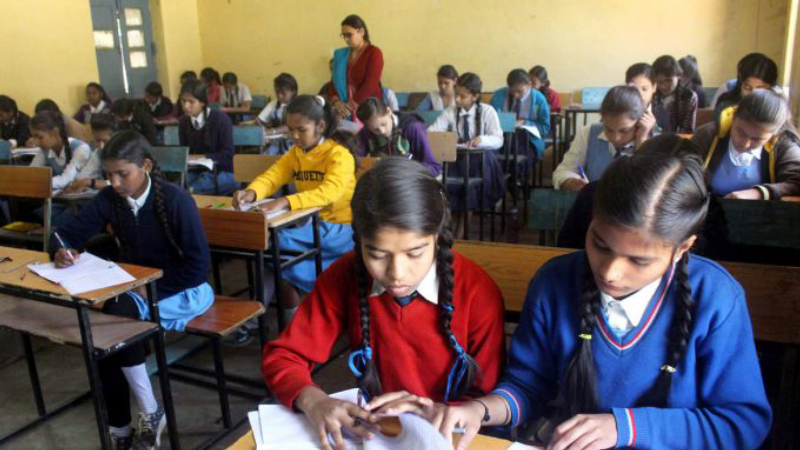
Reforms / April 17, 2020
Traditional Structure of Education In India
.jpg)
Events & Seminars / April 17, 2020
PISA!!
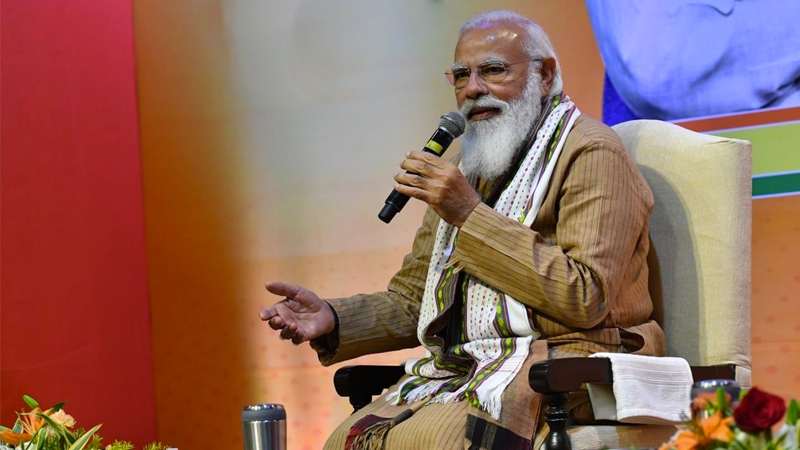
Blog / February 26, 2021
Government's Action On #ModiRojgaarDo

EShort / May 19, 2022
CUET PG 2025 has started the registration process.

Notice Board on Important Dates / April 21, 2020
World Heritage Day

News / July 08, 2021
JEE Mains Registration For Session 3: Last Date To Apply

EShort / December 14, 2021
UPSC Declared Final Result For DCIO Recruitment


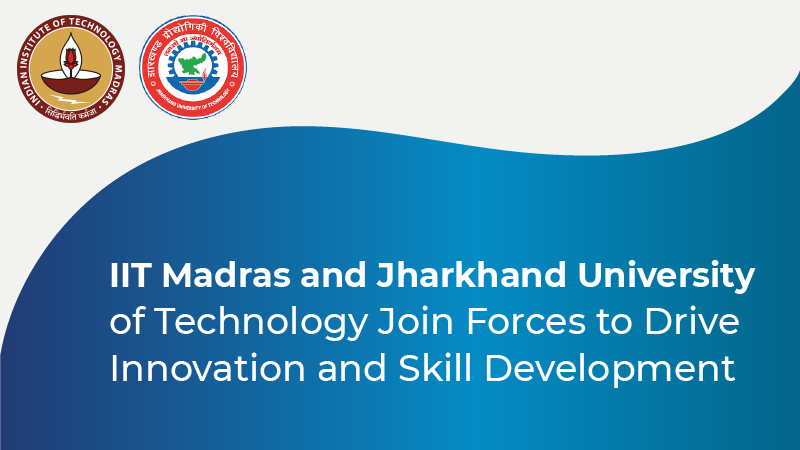
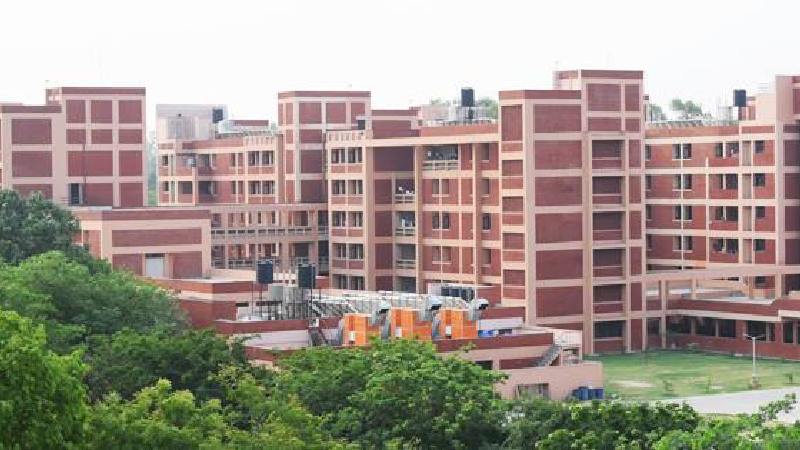
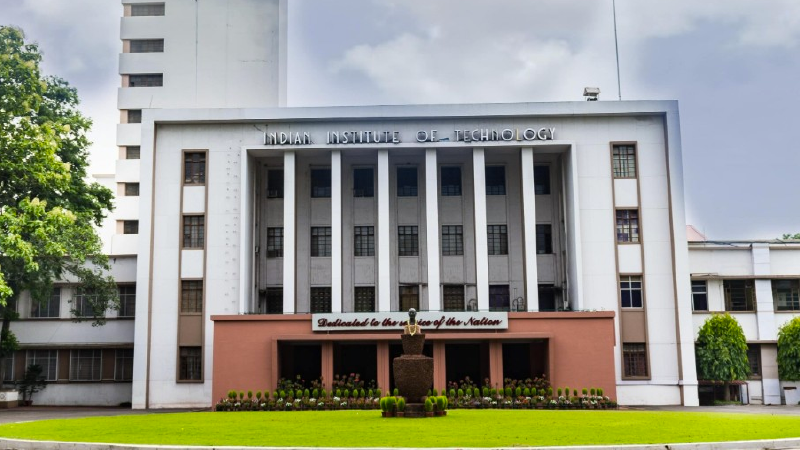
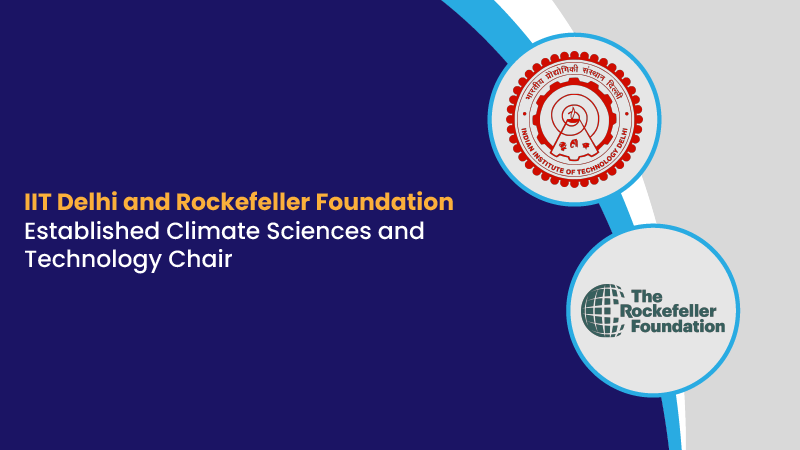
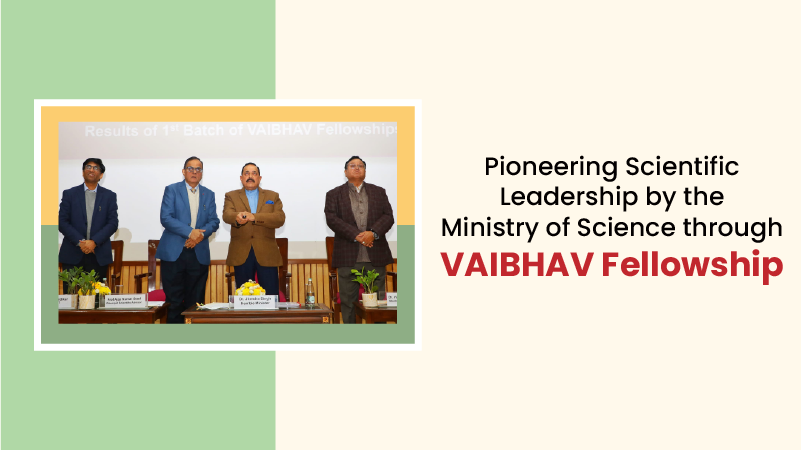
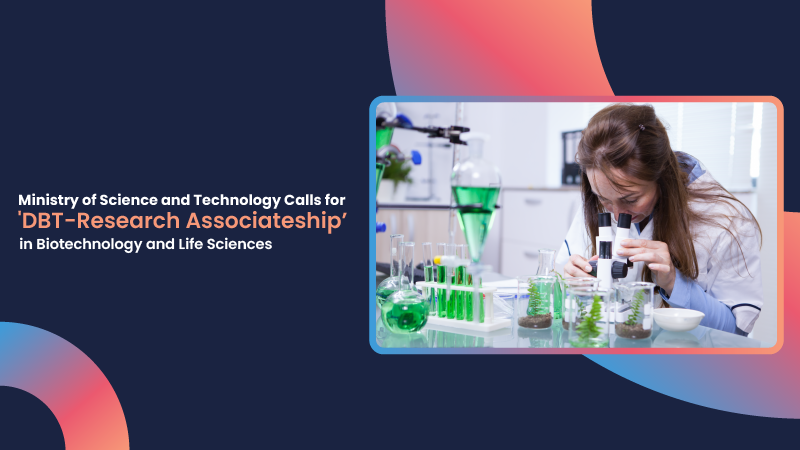


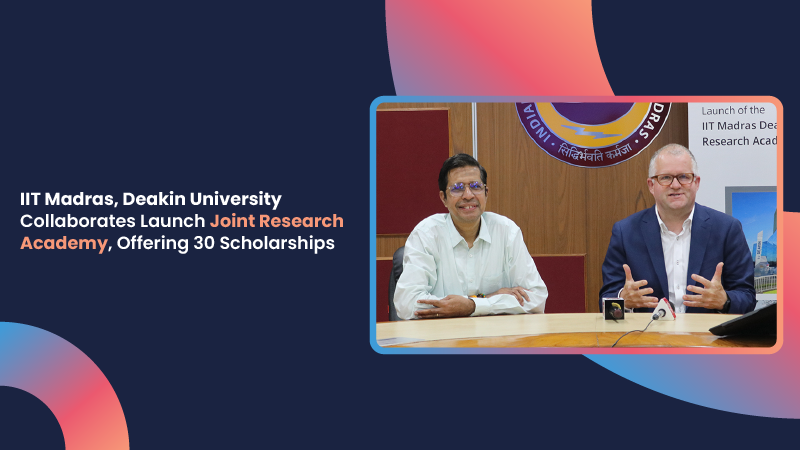

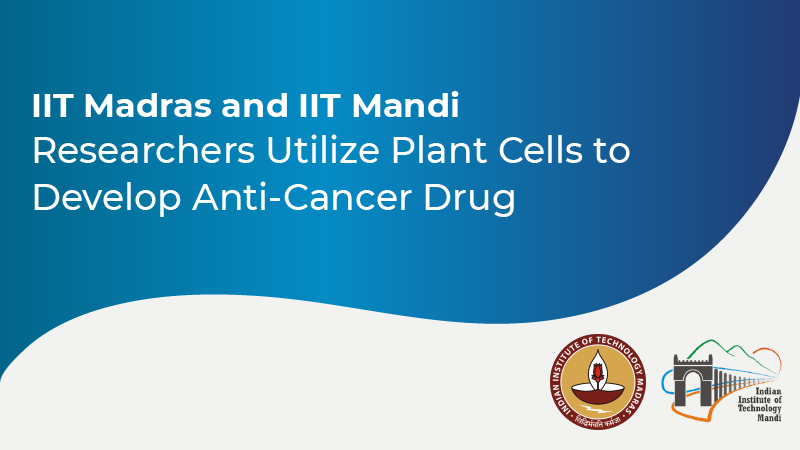
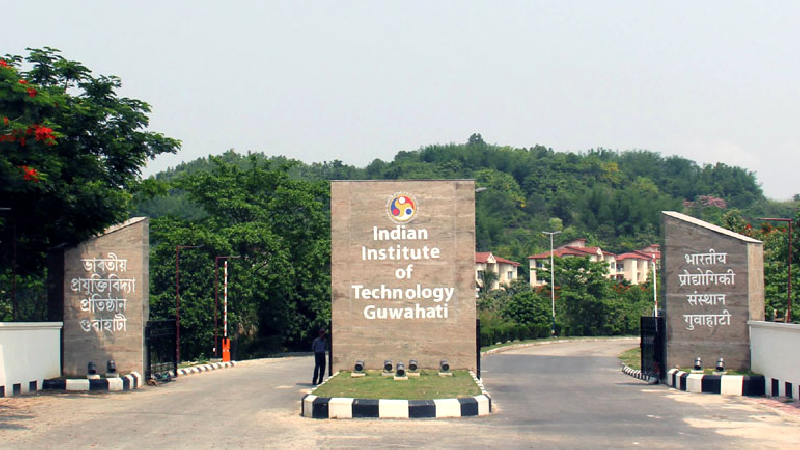
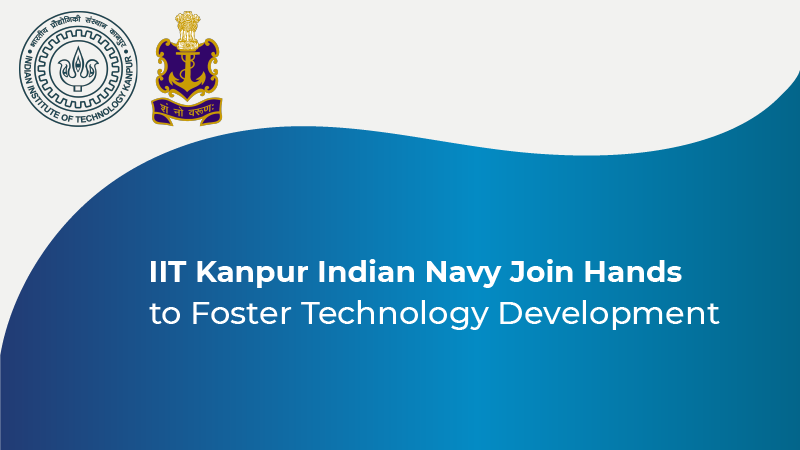
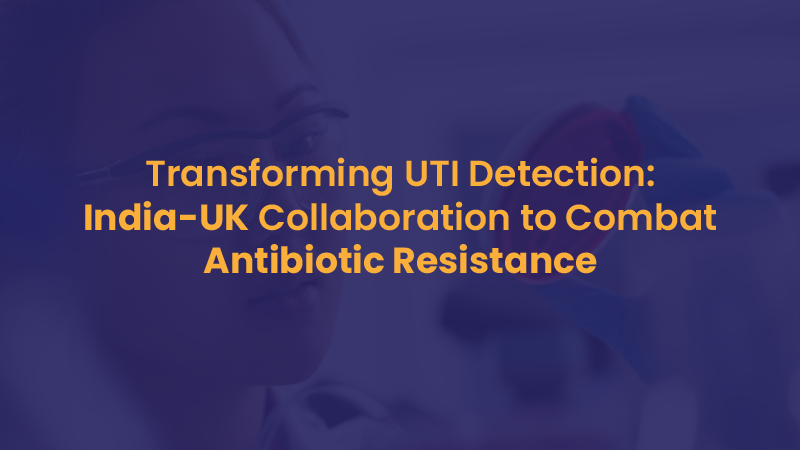
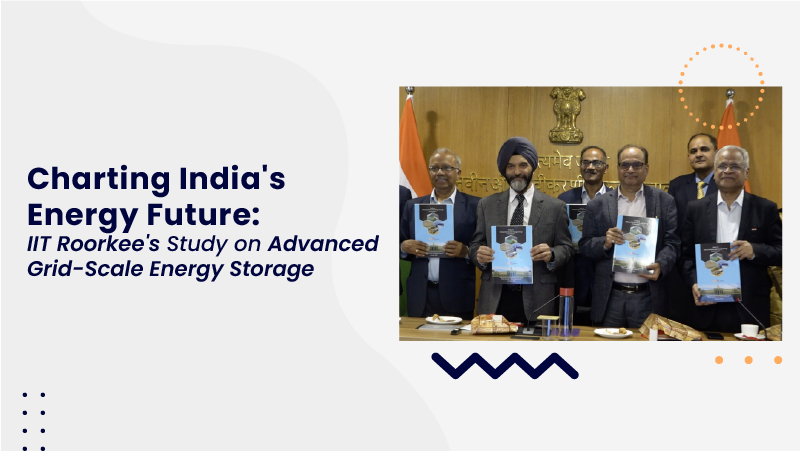

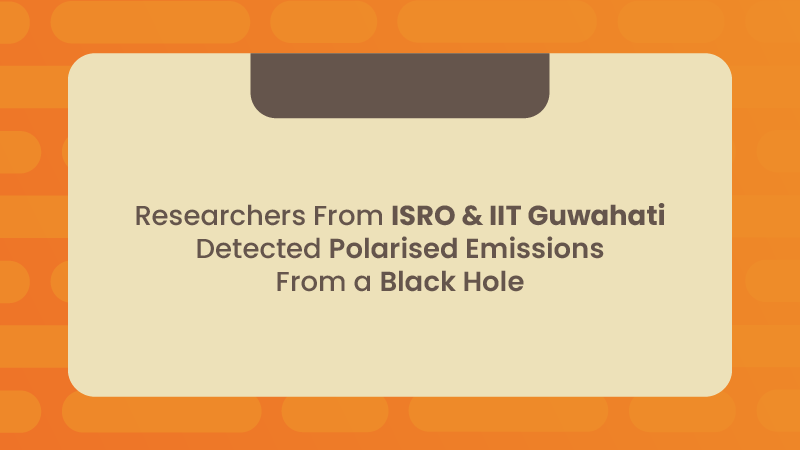
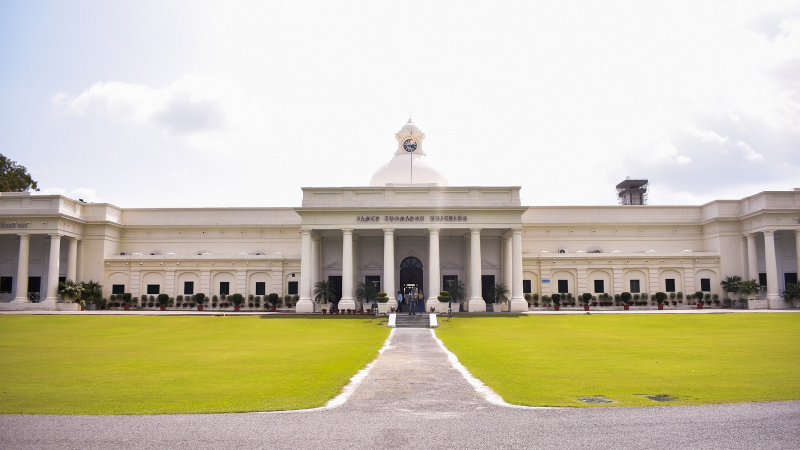
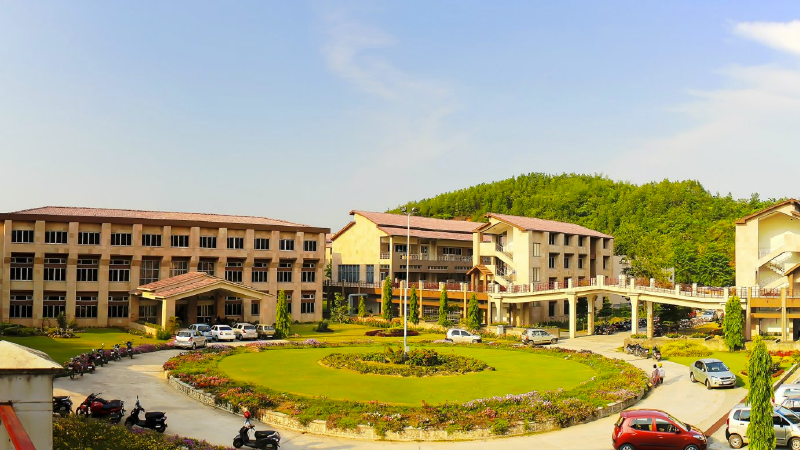
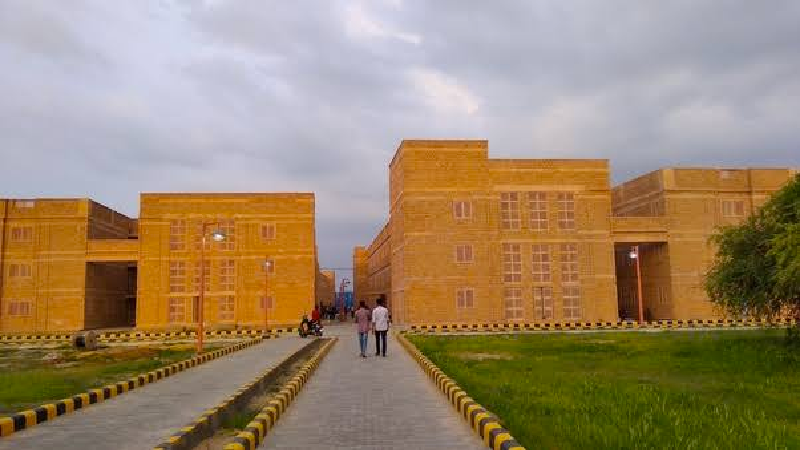
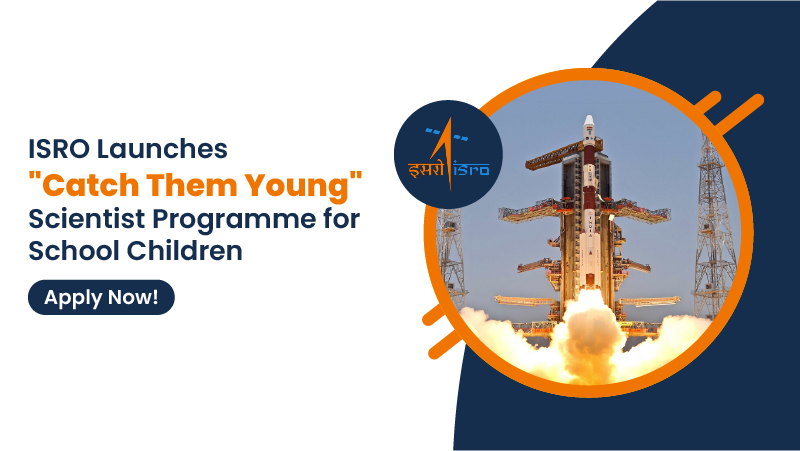
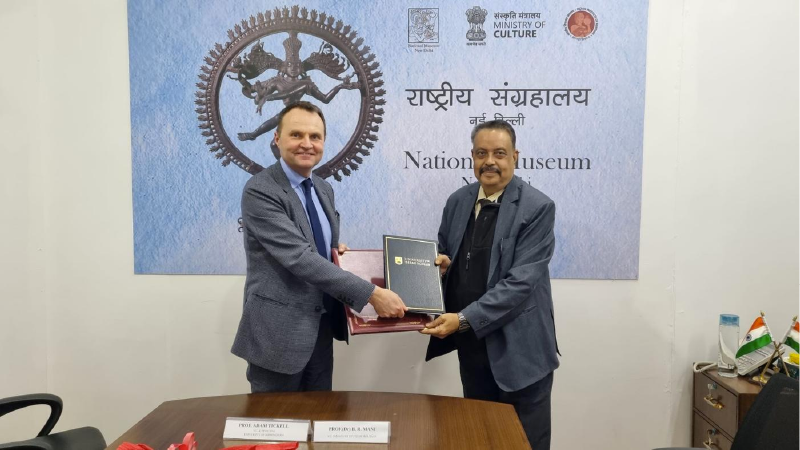
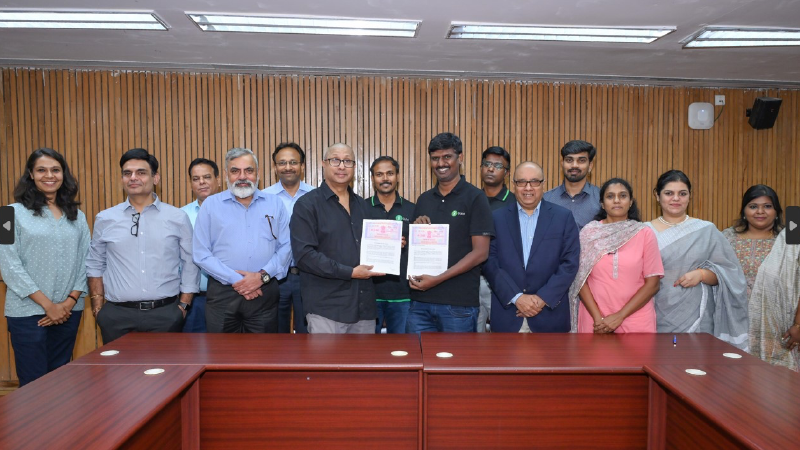
0 Comments
Post Comments